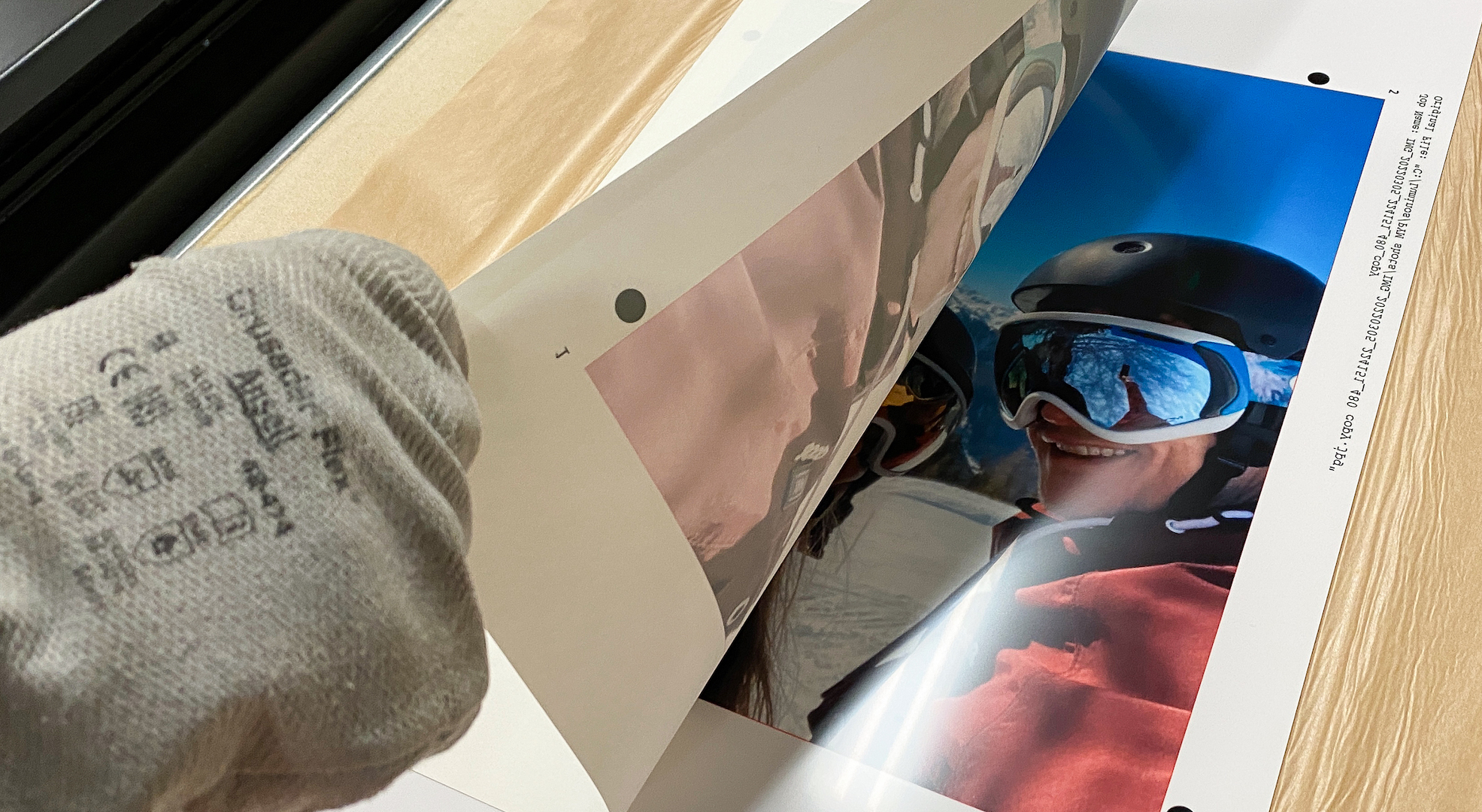
Whether you are just leaving college or uni, or are already working but desperately want a career change, you may at some point have considered becoming a photographer. You may really enjoy taking photographs and think you’re pretty good at it. In fact, perhaps you’re always the one who gets asked to take photos because people like what you do.
But how realistic would it be to become a photographer? Do you need any qualifications, and how do you go about it? And what kind of pay could you expect to receive?
In this article we look at various aspects relating to how you can make a career in photography. We will explore:
If you are seriously interested in becoming a photographer, one of the first things to do is to get some kind of work experience. This will help you to evaluate whether the actual day to day work matches up with what you were expecting.
There are various ways that you could do this whilst either studying or in other employment. For example, looking for evening or weekend work either with an established freelance photographer or in a photographic studio. Every little helps, and can be valuable in guiding your decision.
You will soon realise that being a successful photographer is not just about the technical skills. You also need to be very much a people person; able to establish rapport quickly with people and put them at their ease. You will also need bucket loads of empathy and patience to be able to work with people effectively and create the memorable and high quality shots that both you and your client would want.
You will also need to start building a kit of photography equipment. This is tricky, as it can be expensive, and no single photographer can possibly have everything.
Some of the key items you will need are:
Be guided by what works for you, and also what is recommended on any course you are taking and/or by other photographers. You may want to consider renting equipment to start with, as this will give you a better idea of what you do and don’t like, and what you find best to work with.
Remember that as well as the camera and studio equipment, you also need to decide what editing equipment and software you are planning to use, so will also need to start investing in that.
There are many courses available that you could do on top of your current work or study. You are likely to find a variety of courses suitable for beginners, keen amateurs or those already at a professional standard.
One place to start looking is your local evening class centres. Take a look at Evening classes near me to get you started. But bear in mind that many universities also run very part time photography courses that may fit the bill.
Wherever you look, check out courses such as:
If you are at the stage of planning to go to university – whether straight from college or on a career break – then there are many photography degrees available. And some areas of photography – such as photojournalism, scientific or industrial photography – may require a degree.
Start looking at options via the Prospects website, which also contains details of postgraduate photography courses.
You may be at an advantage if you have also been able to take an A-level in photography. The current A-level syllabus includes learning about a wide range of photographic media, techniques and processes as well as producing a portfolio of photographs.
Another important step in how you can make a career in photography is by joining a photographic association. There are various professional associations available, including The British Institute of Professional Photography, Association of Photographers and the Master Photographers Association.
Some associations enable you to join as a student member, then progress to full membership once you have the necessary experience. Being part of a professional organisation can give you added advantage when looking for jobs in photography.
Also check out the Royal Photographic Society, an education charity which aims to make photography accessible to all. It offers many opportunities to develop as a photographer and interact with others. There are events, competitions and opportunities to apply for funding for photographic projects.
When considering becoming a photographer, it helps to fix your sights on the possible jobs you could do. Many photographers are freelance, and this can be a good option if you are prepared to manage with a fluctuating monthly income rather than a regular salary.
If you do want a salaried position, some potential career options could be in:
The best thing to do is to research the area(s) that interest you, and begin to prepare a portfolio of relevant work to show prospective employers. Also attend as many networking events as you can to try and build up contacts in that sector.
It may take time to land your dream job, so be patient, continue to develop your skills, and try to find other photography-related work and/or do freelance photography as a sideline. If you persist, the right opportunity could eventually come your way.
We hope that this article is a helpful guide as to how to make a career in photography. Good luck!
Check back here soon for more photography tips from Print Your Memory.
______________________________________________________________________________________

Copyright 2025 © Print Your Memory. All rights Reserved.